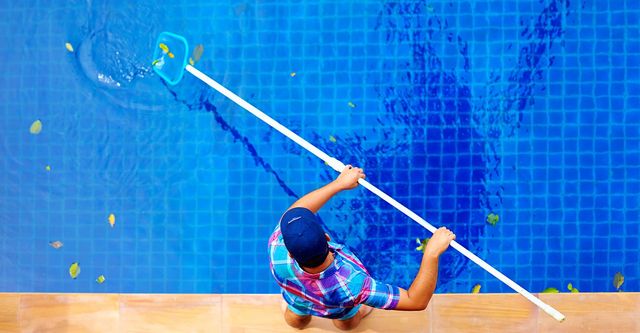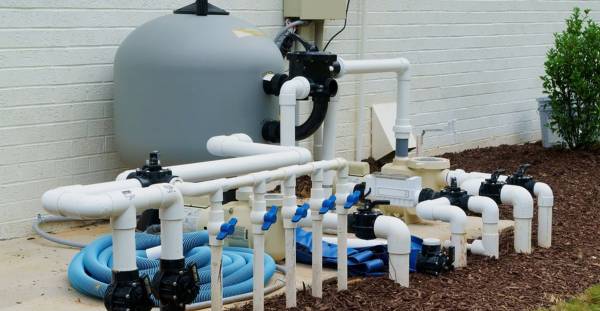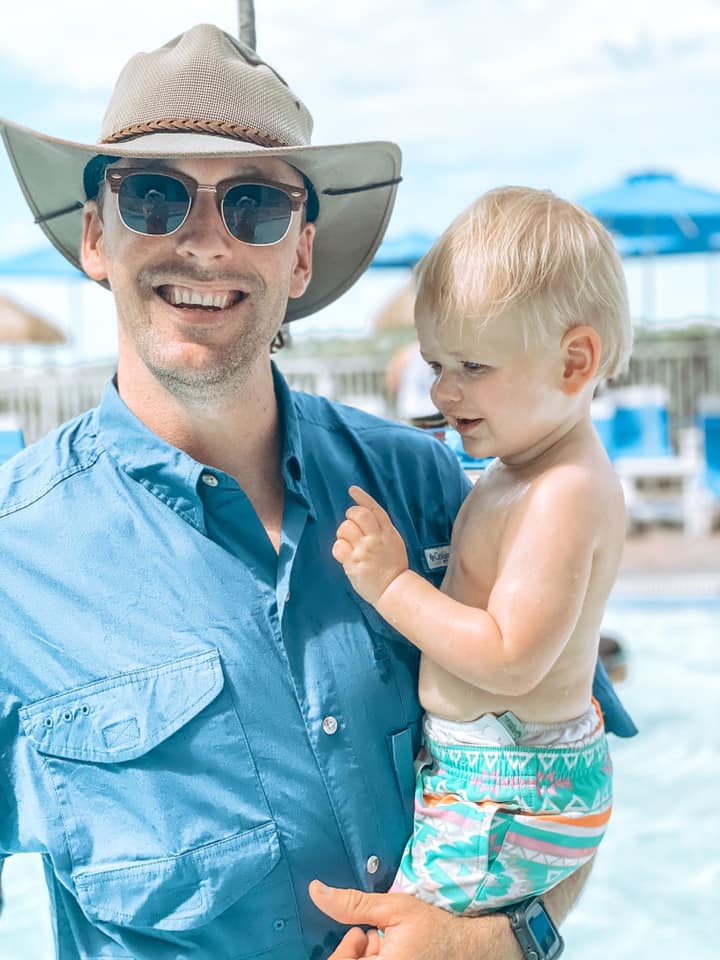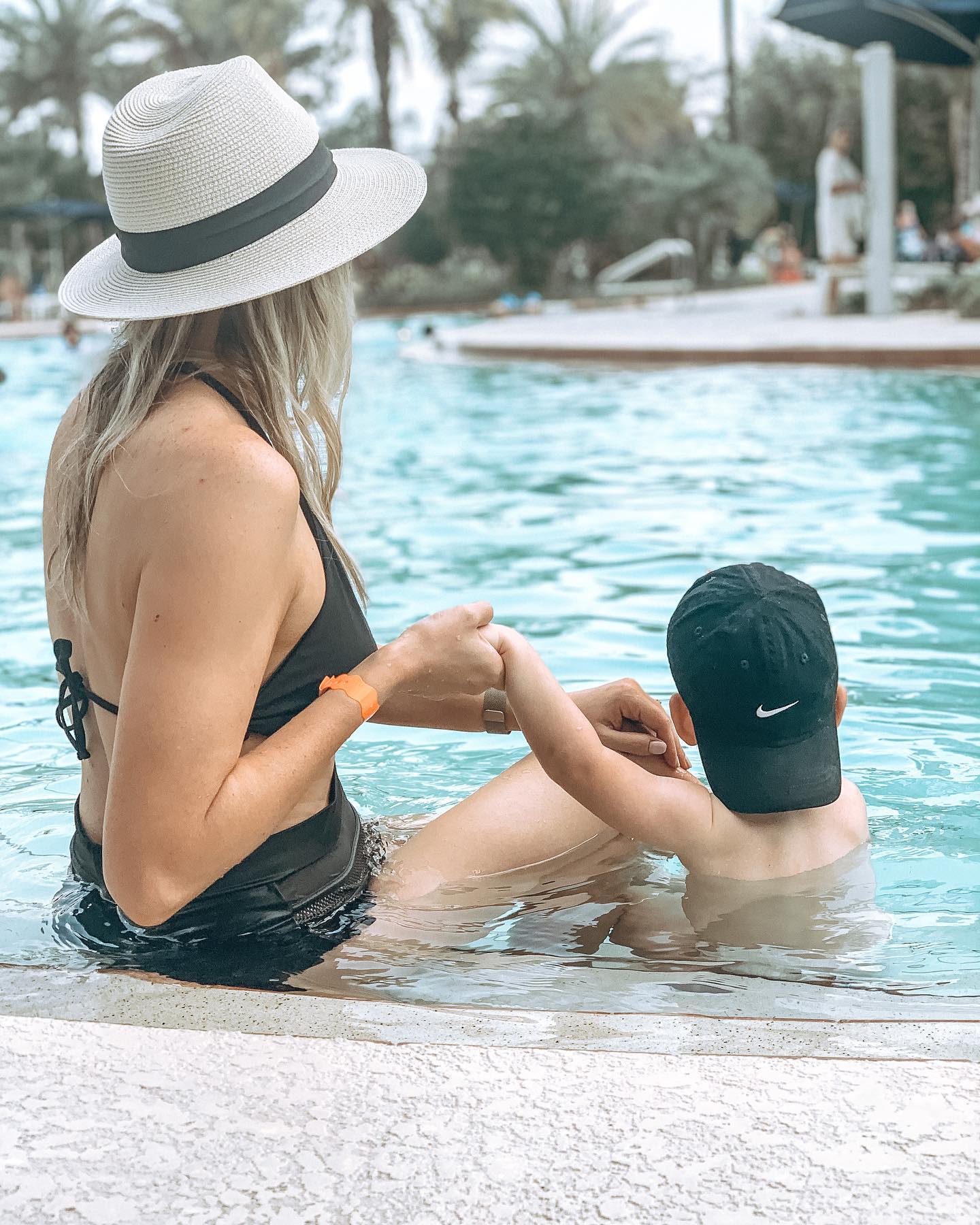
Pool Service Established in Quality, Family and Excellence
Call Us! 561-445-8569
Cleaning, Brush Vacuum
Experience unrivaled pool care with our professional cleaning and maintenance services. We prioritize routine care to ensure your pool’s longevity.

Licensed and Insured
Quality control and a dedication to every client and pool is what sets us apart from the rest.

Water Chemistry Balance
Chemistry is integral to a perfectly maintained pool. At each service, we check your pool’s water chemistry to make sure your pool is ready when you are.

He was happy to help out and did it for a discounted price just to earn my business. When you work with Blue Chip, you always have Dan as your guy. He owns and operates the company, so you always know who to call and depend on. Highly recommend.”

Mike L.
“Daniel does a great job! My pool stays so clean. He is super prompt and professional. Thank you Blue Chip for taking care of my pool like your own!
Over the years, I’ve witnessed their dedication to using high-quality products and staying updated with the latest pool maintenance technologies. This forward-thinking approach has kept my pool looking its best and functioning flawlessly, which is no small feat.”
To anyone in need of reliable, efficient, and friendly pool maintenance, I cannot recommend Blue Chip Pool Service highly enough. They’re not just a service provider; they’re like family. Here’s to many more years of sparkling clean waters. Thank you, Blue Chip, for elevating my pool experience year after year!
“

Arielle L.
Meet our Amazing Family.
From crystal-clear waters to personalized service, the Hendersons understand that a well-maintained pool is more than a luxury – it’s a shared space for families to create lasting memories.

Dan Henderson
Owner and Founder
With a decade of unwavering commitment to the art of pool maintenance, Dan of Blue Chip Pool Service is not just a seasoned professional but a passionate advocate for his clients and family. His journey began ten years ago, where each pool he cleaned became a canvas for his expertise and dedication

Chelsea Henderson
Owner and President
Embarking on a new chapter, Chelsea brings fresh energy and a wealth of expertise to Blue Chip Pool Company. Joining the team with a background in client relations and a keen eye for growth opportunities, Chelsea swiftly became an integral force in propelling the company forward.

The Henderson Family
The Family
As the Hendersons continue to pour their heart and soul into Blue Chip Pool Service, each client becomes a cherished member of their extended family. It’s this familial warmth that sets Blue Chip apart, creating a pool experience where expertise meets heartfelt care, making every dive a journey into a poolside haven crafted with love.
Get Your First Pool Cleaning Free!
We’re 100% certain that you’ll be so impressed by our service, that we’re ready to give you your first pool cleaning free! No strings attached. Simply call us at 561-445-8569 or fill out our simple contact form
Monday – Friday: 8am – 5pm
Phone: (561) 445-8569
Email: BlueChipPoolsFL@gmail.com
©2024 BY Blue Chip Pool Service